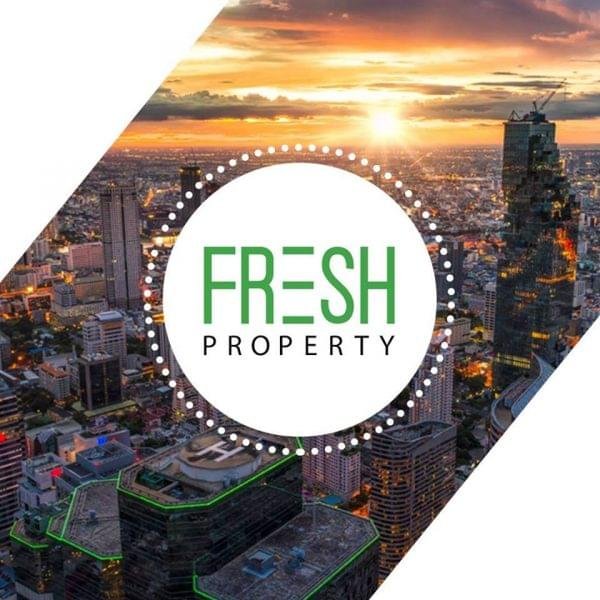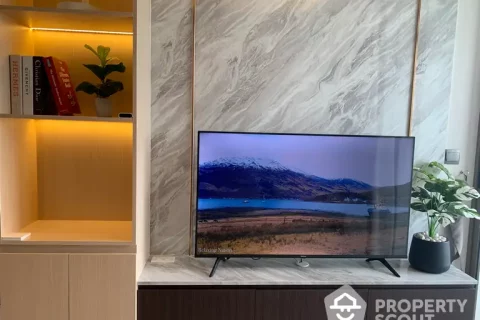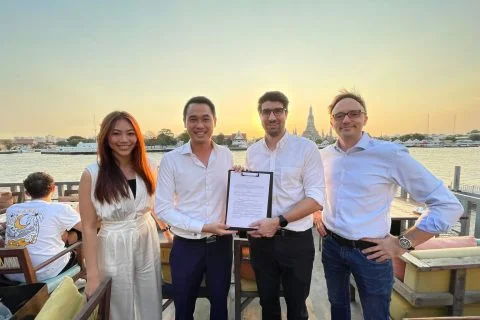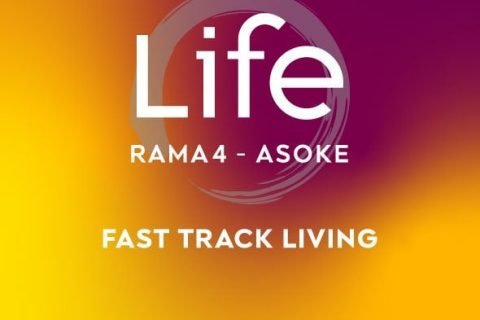The process of buying a condo before the project’s actual completion, simply based on “plans and brochures” (I.e., Sales brochures, floor plans and renderings) is common practice in Thailand and specifically in Bangkok!
Residential developers big and small are constantly blanketing the Capital’s media outlets from newspapers, billboards to even social media platforms with adverts touting their latest launch.
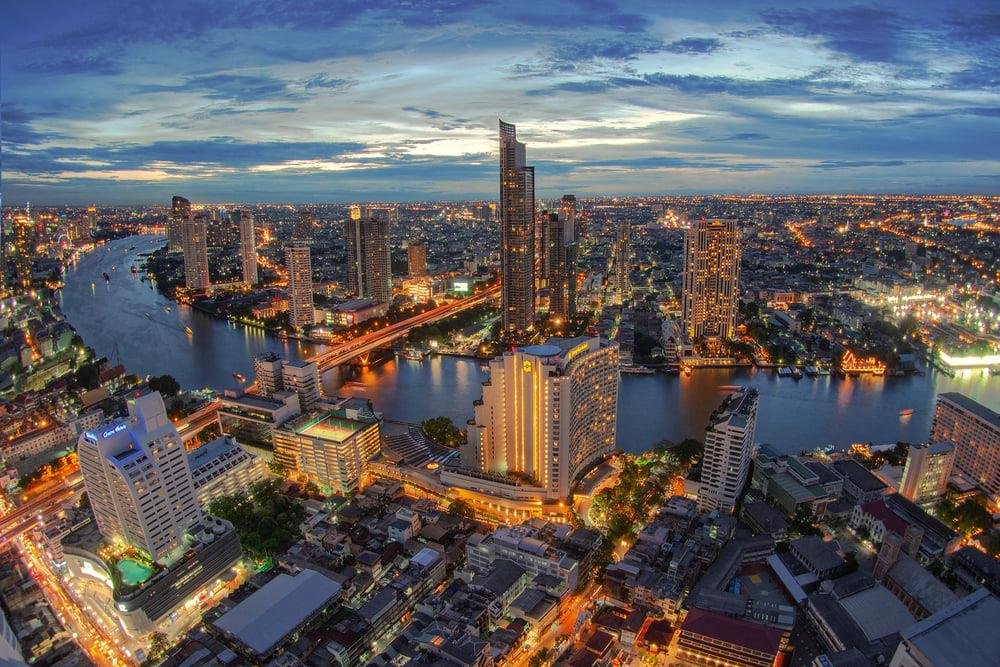
For those unfamiliar with this real estate practice, this sales and marketing environment may seem incredibly risky. This article will aim to demystify the concept of buying a new-build condo off-plan!
Topics that will be covered:
1. Risk and Benefits of Buying Off-Plan Property
2. Purchase Process and Payment Plans
3. Additional Costs and Expenses of Buying Off-Plan
4. Selecting the Right Off-Plan Project
5. Extra Resources for Homebuyers and Investors
1. Risk and Benefits of Buying Off-Plan Property
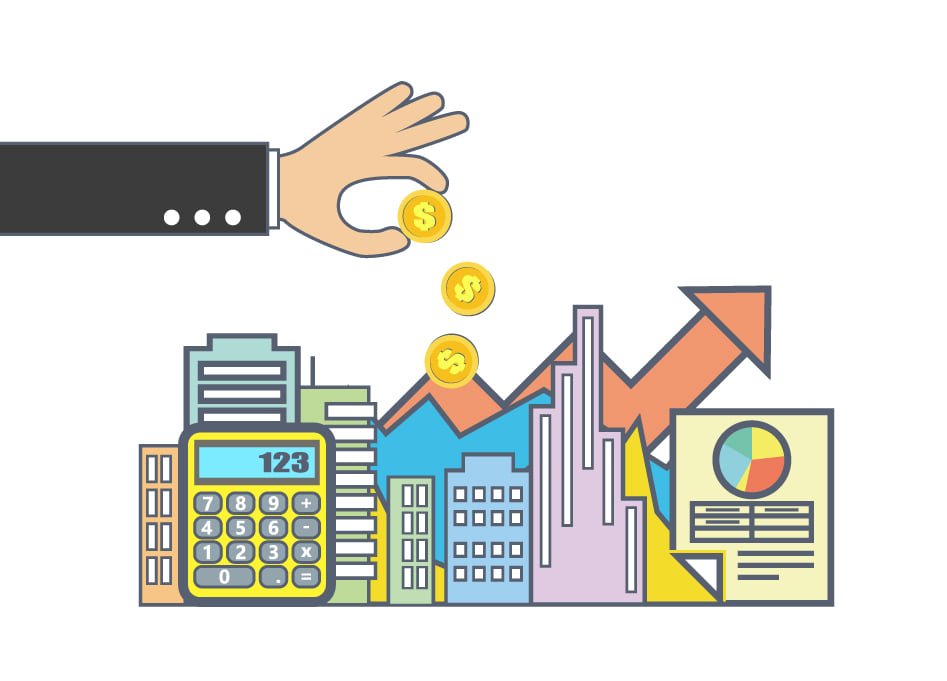
Buying off-plan offers several benefits notably:
1. Delayed Payment Terms
Since the project is not developed, the condo payments are delayed over a series of installments usually spread over 1-3 years. Giving time to either prepare the necessary funds or potentially “flip the condo” for a profit before completion.
2. Guaranteed Price
In a rising market, off-plan condos offer the benefit of guaranteeing “today’s price” for a project that will complete in 1-3 years’ time. In a bullish market where property prices are rising, this could potentially allow buyers to lock-in paper profits upon completion of the development.
Buying off-plan does come with certain risks notably:
1. Non-Completion
Very simply, there is always a risk that the new development is not completed for a variety of reasons such as an economic downturn, construction mismanagement, failure to obtain building regulation permits or simply lack of unit sales.
2. Substandard and Poor Construction Work
The developer could overpromise and under-deliver, producing an end product which is below initial expectations. In some rare cases, some projects are completed but have major issues that prevent peaceful occupation of the condo units. (I.e., Leak water pipes, electrical issues, etc.)
2. Purchase Process and Payment Plans
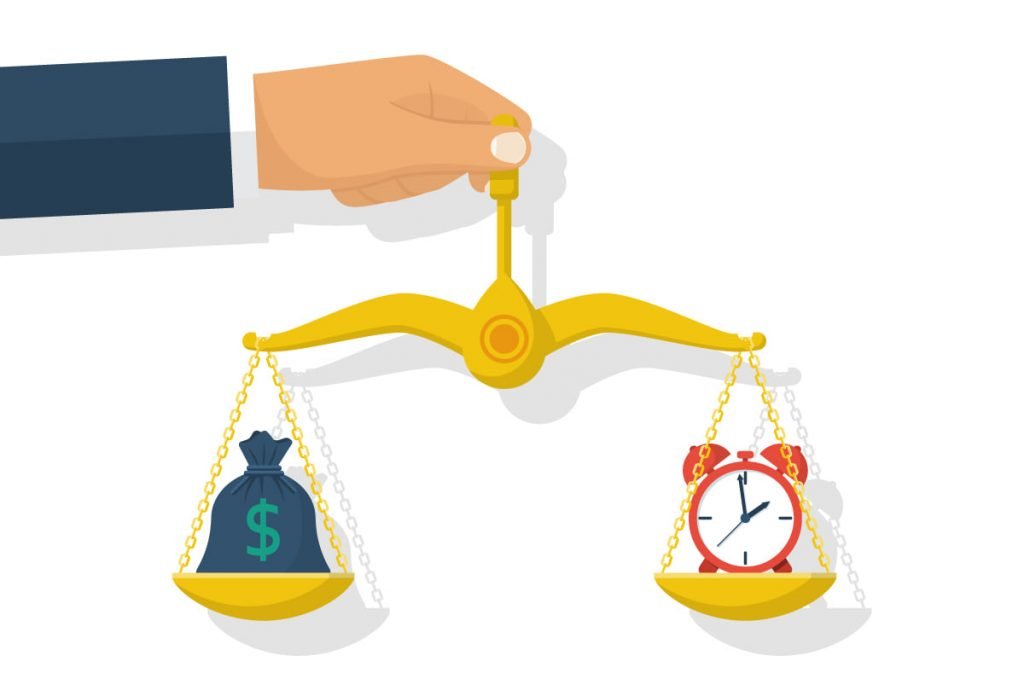
As briefly mentioned above, off-plan condos are usually sold and marketed with a delayed payment plan structured in the form of a series of installments. This is done as buyers essentially bear the risk of non-completion.
While payment plans may vary between developers, usually for foreign buyers installments are structured as follows:
| 1st Payment | 2nd Payment (15%) | 3rd Payment (15%) | 4th Payment (70%) |
| Booking | SPA Contract Signed within 14 Days | Remaining Down Payment within the next 14 Days | Upon Completion |
1st Payment: Booking usually a symbolic amount, typically between 50-150,000 THB to confirm reservation of the condo unit.
2nd Payment: Draft Sales and Purchase Agreement (SPA) sent to buyer for consideration; once approved, buyer to sign official SPA and pay 15% installment.
3rd Payment: Buyer to pay another 15% installment; total paid up to this point, 30% installment and booking. It is not uncommon to bundle 2nd and 3rd payment in a single transfer.
4th Payment: Final 70% is due only upon completion of the condo project after the unit has been inspected and buyer is satisfied.
Payments are transferred directly to the developer’s account, so they can process Foreign Exchange Transaction Forms (FETs), to comply with the Thai condominium laws.
3. Additional Costs and Expenses of Buying Off-Plan
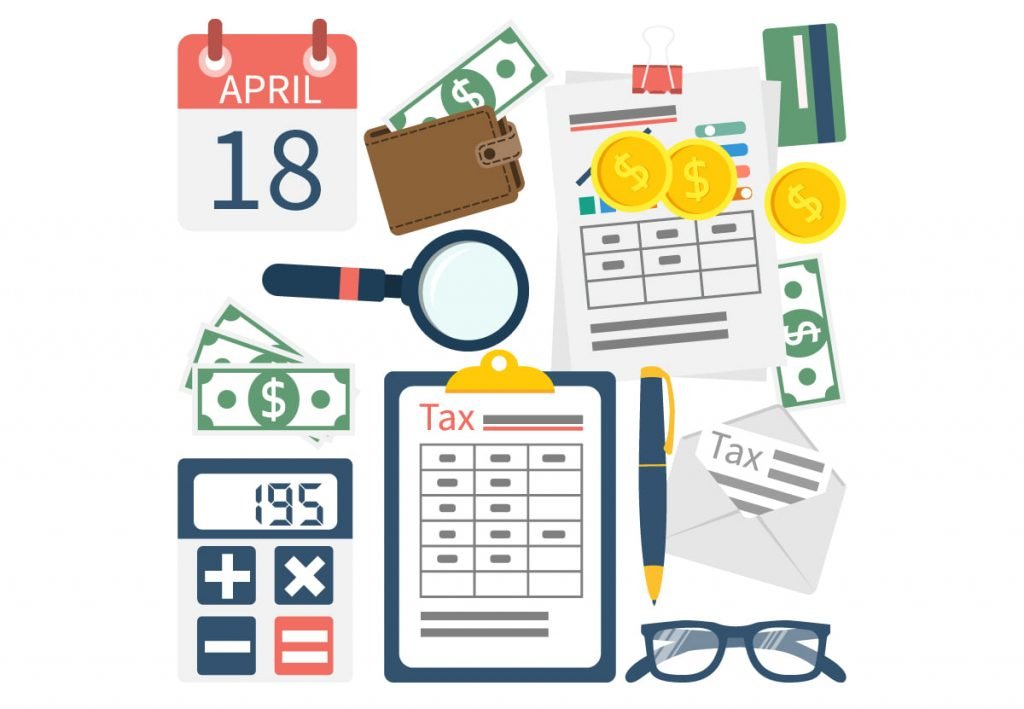
It is important to note that other than just the “purchase price” there are extra costs to consider. These are important additional expenses that buyers and investors often forget or overlook. This is especially the case for off-plan condos as they are often reserved and booked at glitzy sales events or in the polished sales gallery of a development!
Here is an overview of the additional costs & expenses:
1. Cost of Furnishing the Condo
While most condo showrooms are advertised with beautiful furniture, decorations and props, actual condos are usually sold barebones. Therefore, it is important to check if the property is sold fully furnished, partially furnished or only fully fitted:
– Fully Furnished
All furniture and fitted items included (I.e., Air con units, cooking hob and extractor, bed and mattress, sofa, etc.). If offered with this condition, it is usually a good idea to request the furniture and appliance list.
– Partially Furnished
While all fittings are included, furniture and electrical appliances may only be partially provided (I.e., Bed frame provided without a mattress, sofa and TV cabinet without a TV).
– Fully Fitted
This is the barebones option where all major fittings are included such as air con units, kitchen units and sanitary ware. However, no standalone furniture or appliances are provided.
2. Costs of Transferring Ownership from the Developer to the Buyer
These are marginal costs connected to the transfer of ownership.
– Government Land Department Transfer Cost
Standard Government Fee of transferring the title deed (Chanote) from the developer into the buyer’s name. The transfer fee is usually marginal and shared equally between the buyer and developer.
– Electricity Meter Setup Cost
Cost of setting-up an individual meter connected to the condo unit by the Metropolitan Electricity Authority (MEA).
3. Building Management Costs
– Sinking Fund Contribution (One Time Payment)
This is a one-time payment to the Juristic Office that will be collected from all condo owners in a project. Usually, this contingency fund is collected in case there is an emergency issue that threatens the future residents’ peaceful enjoyment of the condo building.
– Maintenance Fee (On-Going Yearly Basis)
This is an ongoing fee that is collected upfront for 1 year. Maintenance fees go towards the building management team salaries and maintenance of the common areas of a condo.
4. Selecting the Right Off-Plan Project
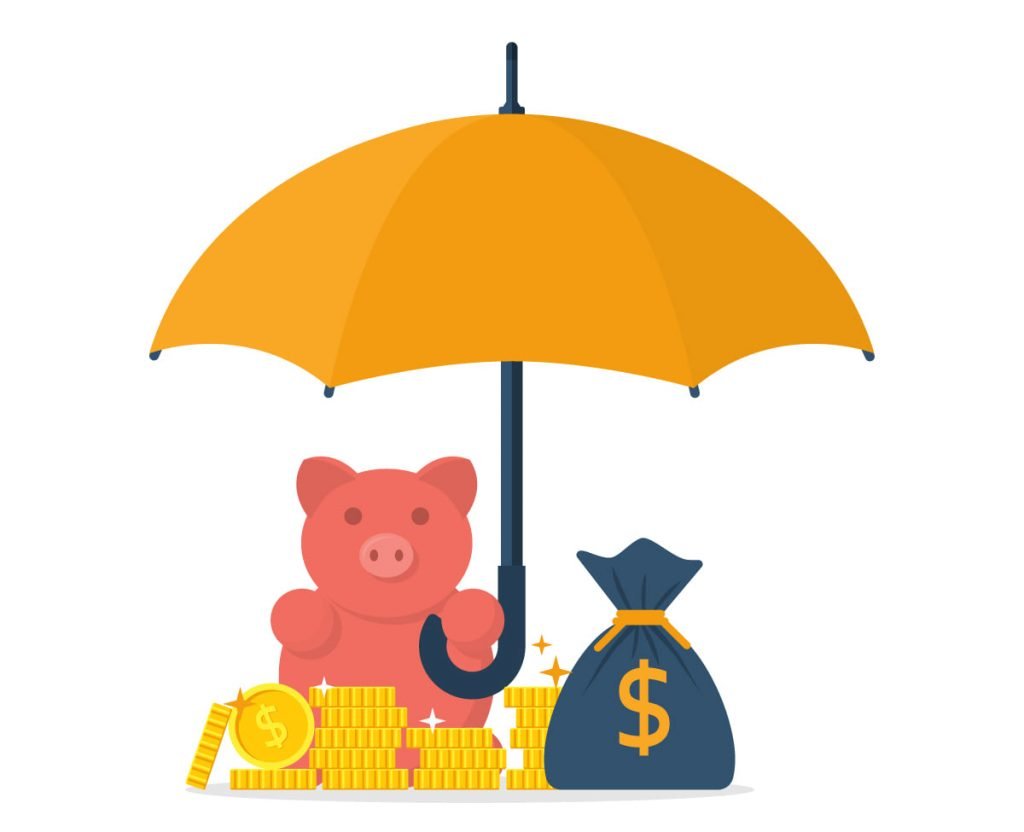
Off-Plan Investment can be an incredibly exciting process as developers spend enormous resources into the sales and marketing presentation of their new launches. As the saying goes… “Hype and excitement sells”!
However, in the excitement of a buzzing sales event or as a result of the charm of an attractive salesperson at the project’s sales gallery, it is important not to forget a simple principal:
“Buying an Off-Plan Condo is no different from buying a second-hand property”
Therefore, it is important to remain grounded and carefully evaluate:
- Location of the condo.
- Building profile such as design concept, common areas, proposed facilities.
- Condo layout, specifications and size of units.
- Asking price per square meter compared to other similar projects in the area.
- Reputation and track record of the developer.
Common sense and a cool head are the most important key to successfully investing in off-plan developments!
5. Extra Resources for Homebuyers and Investors
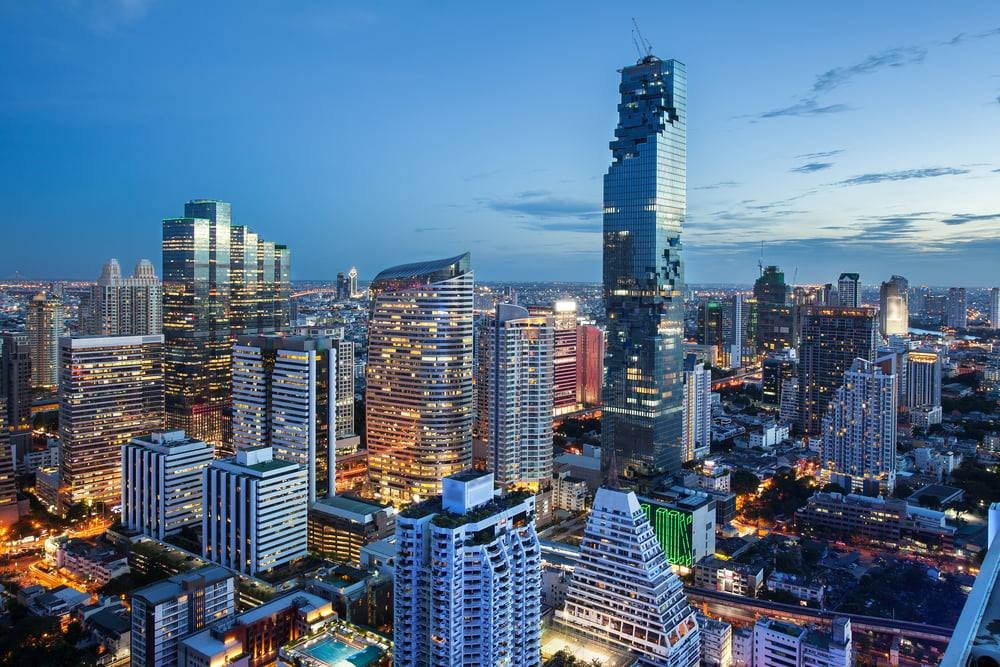
This short guide was only a brief overview of Bangkok’s off-plan and new build real estate market. Therefore, homebuyers and investors looking to explore the Capital’s property market may also be interested in the following guides and articles:
Buyer Guides
The Ultimate Bangkok Condo Buyer Guide
Can Foreigners Buy Property in Thailand?
Foreign Buyer Guide: Property Mortgage Loans in Thailand
Area Guides
Where is Bangkok’s Central Business District?
The Best Bangkok Neighborhoods for Expats to Live!
The Most Exclusive and Expensive Areas in Bangkok
Market Trends
Where are Bangkok’s Next Real Estate Investment Hotspots?
The Top 10 Largest Property Developers in Thailand
3 Things to Consider When Buying Off-Plan Condos in Bangkok
Fresh Property is an established real estate agency specializing in the Bangkok market. We work directly with numerous leading residential developers such as Ananda, Sansiri, AP(Thai) and Noble Development.
Homebuyers and investors are welcome to browse our extensive selection of new project launches. Alternatively you can also review our large database of secondary market resale properties.

